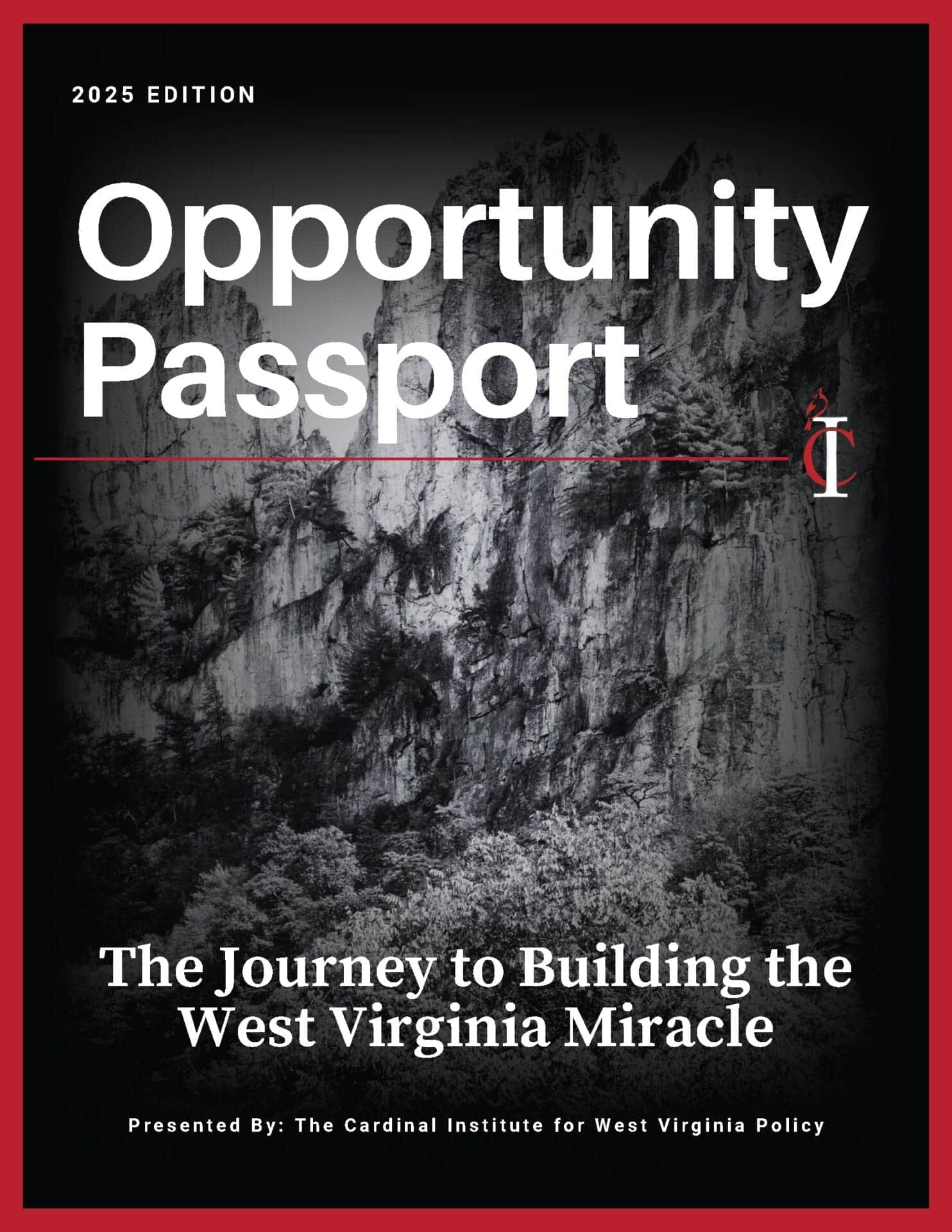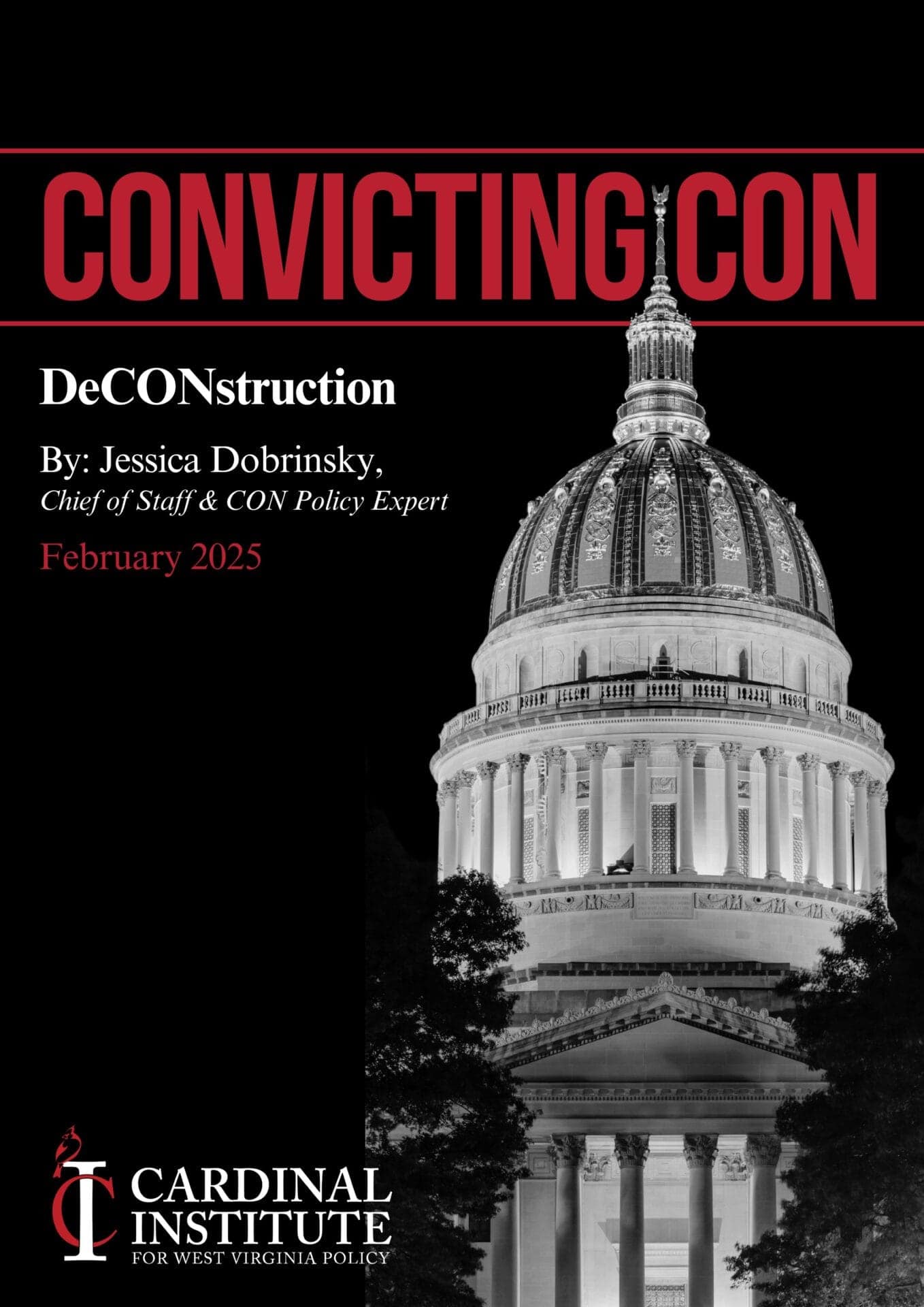
Amendment 1: What You Need To Know
Cardinal Team
Amendment No. 1: Clarification of the Judiciary’s Role in Impeachment Proceedings
On November 8th, 2022, West Virginians will head to the polls to vote for their members of the US House of Representatives and the State Legislature. Nestled under the legislative races are four amendments to the West Virginia Constitution. One of these is Amendment 1: No Court Authority Over Impeachment Amendment. It clarifies that courts don’t have the authority to intervene in or review impeachment proceedings conducted by the state legislature.
Legislative Background
Amendment 1 was introduced in the West Virginia House of Delegates on February 11, 2021, as House Joint Resolution 2 by Delegate Bill Anderson (R – Wood, 08). This amendment was previously introduced in 2020 as Senate Joint Resolution 7; however, it failed to pass the senate. Amendment 1 is in response to judicial intervention in the 2018 impeachment proceedings against members of the Supreme Court of Appeals of West Virginia (WVSCOA).
On June 25, 2018, Governor Jim Justice called for a special session “related to the removal of one or more Justices of the Supreme Court of Appeals of West Virginia.” The impeachment proceedings came about due to allegations that justices were misusing state funds and lying about conduct to lawmakers, the media, and the public. Even before Governor Justice called the special session, members of West Virginia Legislature’s Joint Committee on the Judiciary were already considering whether impeachment proceedings were necessary due to these findings.
During the impeachment proceedings, three of the Justices who were charged, resigned. They were:
- Menis Ketchum (Resigned July 11, 2018)
- Robin Jean Davis (Resigned August 14, 2018)
- Allen Loughry (Resigned November 12, 2018).
In October of 2018, acting members of the WVSCOA blocked the impeachment trials of Justices Workman, Loughry, and Davis.
Arguments in Support of Amendment 1
Proponents of Amendment 1 argue it will protect separation of powers by clarifying that impeachment proceedings belong to the State Legislature. During the debate in 2021, Delegate Mark Zatezalo (R – Hancock, 01) referenced the 2018 impeachment proceedings to explain his support, he said, “We need to take back our authority, and I hope it never, ever happens again.”
Senate Judiciary Committee Chairman Senator Charles Trump (R – Morgan, 15), echoed this sentiment saying, “The point of this (resolution) that we’re considering is to restore to the houses of the Legislature what the Constitution clearly devolves upon the houses of the Legislature as the exclusive and authority and duty in this area.”
Arguments in Opposition to Amendment 1
Opponents of Amendment 1 argue that it will remove checks and balances, paving the way for frivolous hyper-partisan impeachment proceedings. Delegate Barbara Evans Fleischauer (D – Monongalia, 51) said that this amendment would make, “Any hyper-partisan and frivolous impeachment would be A-OK.” While then Senator William J. Ihlenfeld, II (D – Ohio, 1) argued that, “I think we are going too far with this particular resolution. I think we are eliminating the ability of people who are wronged to have recourse.”
Several organizations have come out against Amendment No. 1. One of these organizations is the ACLU, who argued that, “courts play a vital role in ensuring that impeachment proceedings follow basic rules of due process and fairness. The Advocacy group WV Citizens for Clean Elections opposes this amendment because they believe that, “this new power could be abused to oust political opponents without cause.” The West Virginia Democratic Party has also announced their opposition to Amendment 1.
Conclusion
The polls open on November 8th. It is imperative that West Virginia voters consider their options with these amendments by analyzing the arguments for and against. You can read the full text of the amendments on the West Virginia Secretary of State’s Website.
Andrew Bambrick is the Education Outreach Coordinator for the Cardinal Institute for West Virginia Policy.







